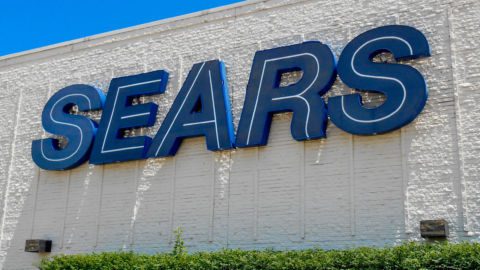Women’s apparel retailer Caché has filed for Chapter 11 Bankruptcy, making it the fifth mall-based retailer to file over the last three months. Body Central, Deb Shops, Delia’s and Wet Seal all have filed for bankruptcy protection since December 2014.
Caché intends to continue to operate its business as usual, according to a company statement. Salus Capital Partners, the retailer’s lender, will provide up to $22 million in debtor-in-possession (DIP) financing to fund operations during the process. The retailer will close some of its 218 stores and renegotiate leases as part of the proceedings. The retailer also has a contingency plan in place, seeking proposals from experienced liquidators to serve as a “stalking horse purchaser” for its assets.
The Caché Board of Directors determined in December 2014 that the company needed to explore and evaluate strategic alternatives including a possible merger, sale or other form of business combination.
“We took this action today with the goal of securing Caché’s future,” said Jay Margolis, Chairman and CEO of Caché. “Our team has been working tirelessly to implement a turnaround. In a short period of time, we upgraded key stores and closed unprofitable ones; launched a more vibrant and robust e-Commerce site where conversion has doubled; and have seen same store comp sales from our 2014 holiday season increase 9.5%, with this positive momentum continuing through January. However, the depressed brick and mortar retail market, the continued growth of online shopping, and rapidly changing consumer tastes and habits thwarted our efforts.”
Caché has not reported a profit over the past nine financial quarters. On Jan. 27, 2015, NASDAQ notified the retailer that it was in the process of the delisting the retailer’s shares. Caché will not appeal the decision.
Cache owes Salus $16.43 million on the pre-bankruptcy facility and another $11.36 million in trade debt, according to the Wall Street Journal. The company owes more than $1 million to both Simon Property Group Inc. and General Growth Properties Inc. and has defaulted on 50 of its leases.












